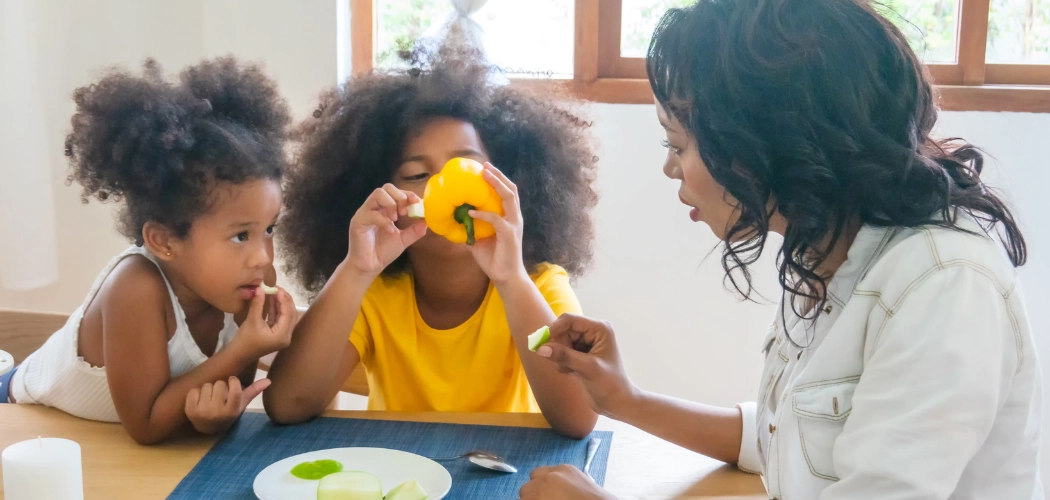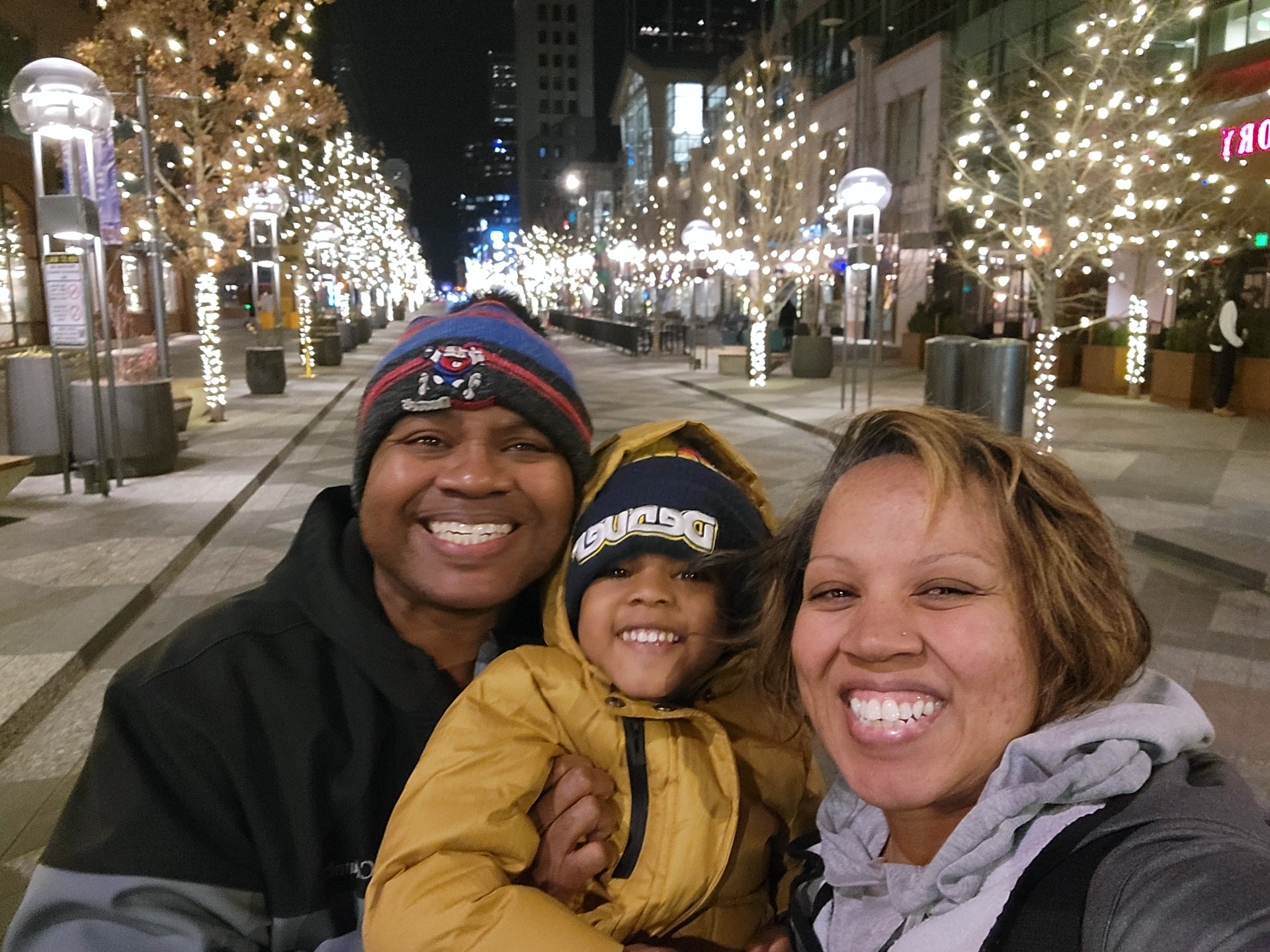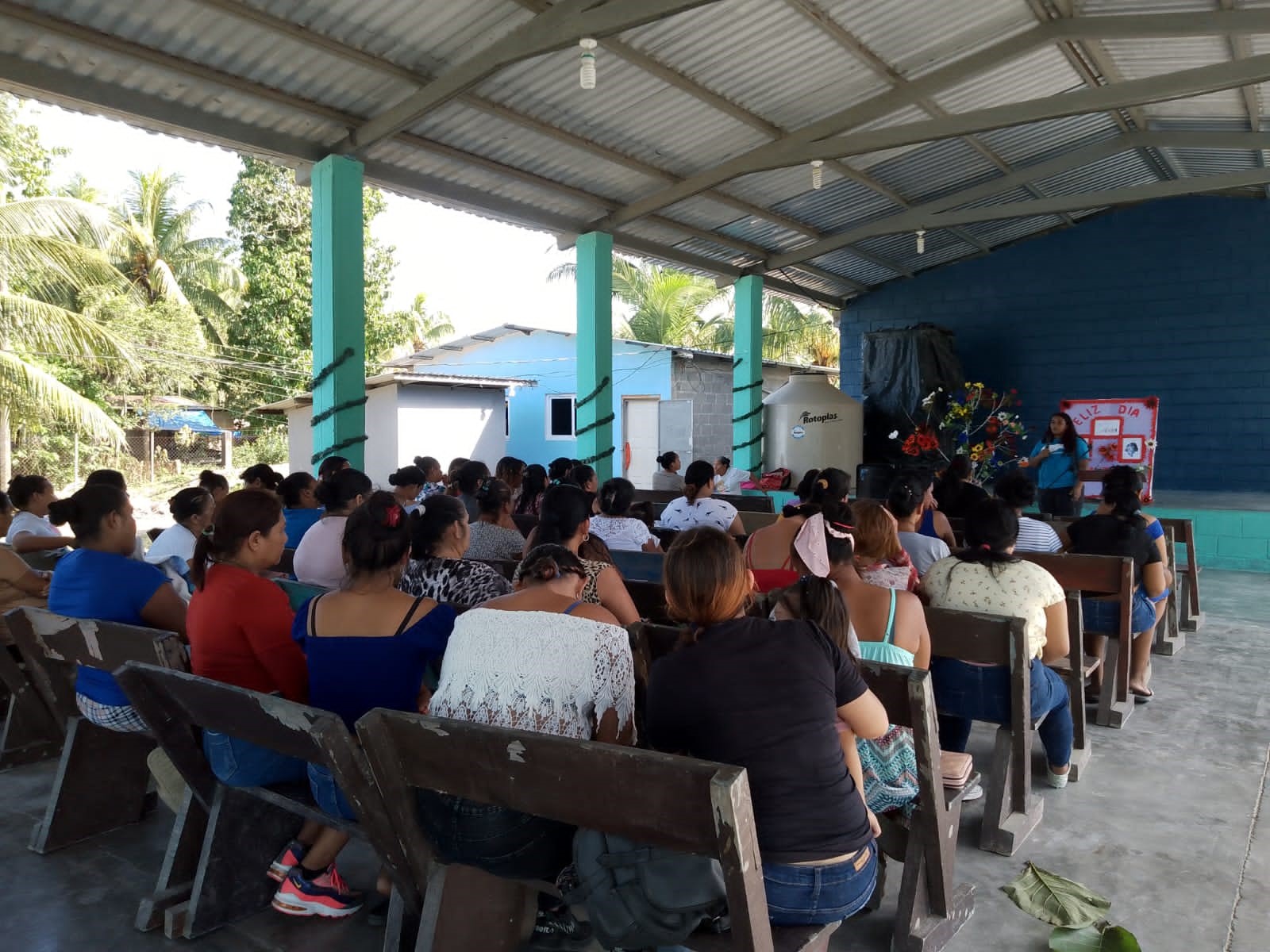These are the three great questions about life that we all must answer at some point in our lives. And it starts in childhood with “Who am I?” One goal for parents is to help establish an accurate self-assessment to give their child a sense of where they fit into the world.
Self-esteem and identity are closely linked. Yet, self-esteem is frequently confused as an “other’s-esteem” in our culture. Other’s-esteem is how we think about ourselves based on what others think of us and our performance. It is fickle and destined to disappoint. Other’s-esteem is not self-esteem. Self-esteem, on the other hand, is what we think about ourselves despite what others think about us and our performance. It is based on knowing who we are, whose we are and where we fit in to this world.
Kids begin defining themselves by how they hear others describe them. It is interesting to think of the different ways parents talk about their children. These are the first “names” we call ourselves. In our offices, sometimes we hear things that are clearly derogatory. “Our little troublemaker” is something that doesn’t benefit a child. It might even become a self-fulfilling prophecy. “We have one who is active and one who is lazy. They’re both sweet, though.” The “sweet” part doesn’t change the message each child hears. When we label kids, good or bad, it affects their identity. But, parents should always remember that kids change over time. Your lazy 6-year-old might become a long-distance track member at 16 and your athletic 10-year-old might struggle with obesity from their teen years on.
As kids head off to school and beyond, the sources of who describes them changes from parents and family members, to peers, coworkers and culture at large. This is an important time to listen to what your child is saying about themselves and bring it into the light if it’s not true.
Labels can seem positive, but not if they’re false. Telling a child an untruth is not very nice and this tenet applies even to things that are said to encourage or cheer them up. Some kids might indeed be talented or particularly good at something (piano, soccer, math, manners), but over-exaggerating your child’s positives will lead to problems. Even though a child might be very talented, it doesn’t make them better than the next kid. Few children (or adults) are truly exceptional at anything (although all people are unique). Over-projecting a talent or gift onto a child will likely distort their identity. If your child happens to be really good at something, don’t compare them to others to make them feel better about themselves. This is a strategy destined to fail because it’s a big world out there and things change. Most likely, one day this child will find out they are closer to average than they’ve been told growing up. And if your child is average, celebrate it! The goal in any case is to help your child become effective in life – average or not.
Tell kids the truth from your perspective. “How I see it …” is used best at the beginning of what you’re going to say. This allows your child to have a chance to consider a different view of themselves or to see the truth in what you are saying. This simple prologue defuses the judgement your child might otherwise feel from you. It also gives them permission to agree with what you’re seeing in them or ask why your perspective is different than their own.
Delivery is everything. What you say is just as important as how you say it. Pervasive or generalized comments tend to become part of identity much more than comments that are specific and focused. “You’re a total slob!” is a lot different to a child than, “Your room has gotten messy this week. You need to clean it up before going out to play.” It’s much better to talk about today, or this month to prevent a label from permanently attaching itself. Getting in the habit of connecting your comments to a specific day or event will decrease the chance of what you say becoming an unhealthy part of your child’s identity. Adding a simple, “for now …” helps a child know that things can change.
A critical parenting goal is to train up our children so that their identities most accurately reflect how they were created. That’s our job as parents: to foster an identity in our children which is based on an accurate self-assessment. Ultimately, the understanding of who God has created them to be will give them the direction and purpose to live an effective life. It will also be the start to answering the two other great questions of life: “Why am I here?” and “Where am I going?”
Michael W. Anderson is a Licensed Psychologist who has spent 30 years studying the way kids grow up.
Timothy D. Johanson, M.D. is a Clinical Associate Professor of Pediatrics at the University of Arizona with a commitment to children’s health. They are the authors of GIST The Essence of Raising Life-Ready Kids, available at Amazon, Barnes & Noble and gistparenting.com. Also available in Kindle, Nook and audio versions.
This article currently appears in the summer 2017 issue of The MOPS Magazine. If you didn’t get a copy and would like your own, you can subscribe to get The MOPS Magazine in your mailbox every season. If you subscribe, forward your receipt to magazines@mops.org and we’ll shoot a copy of the current issue in the mail to you for free … just because we like you. 






